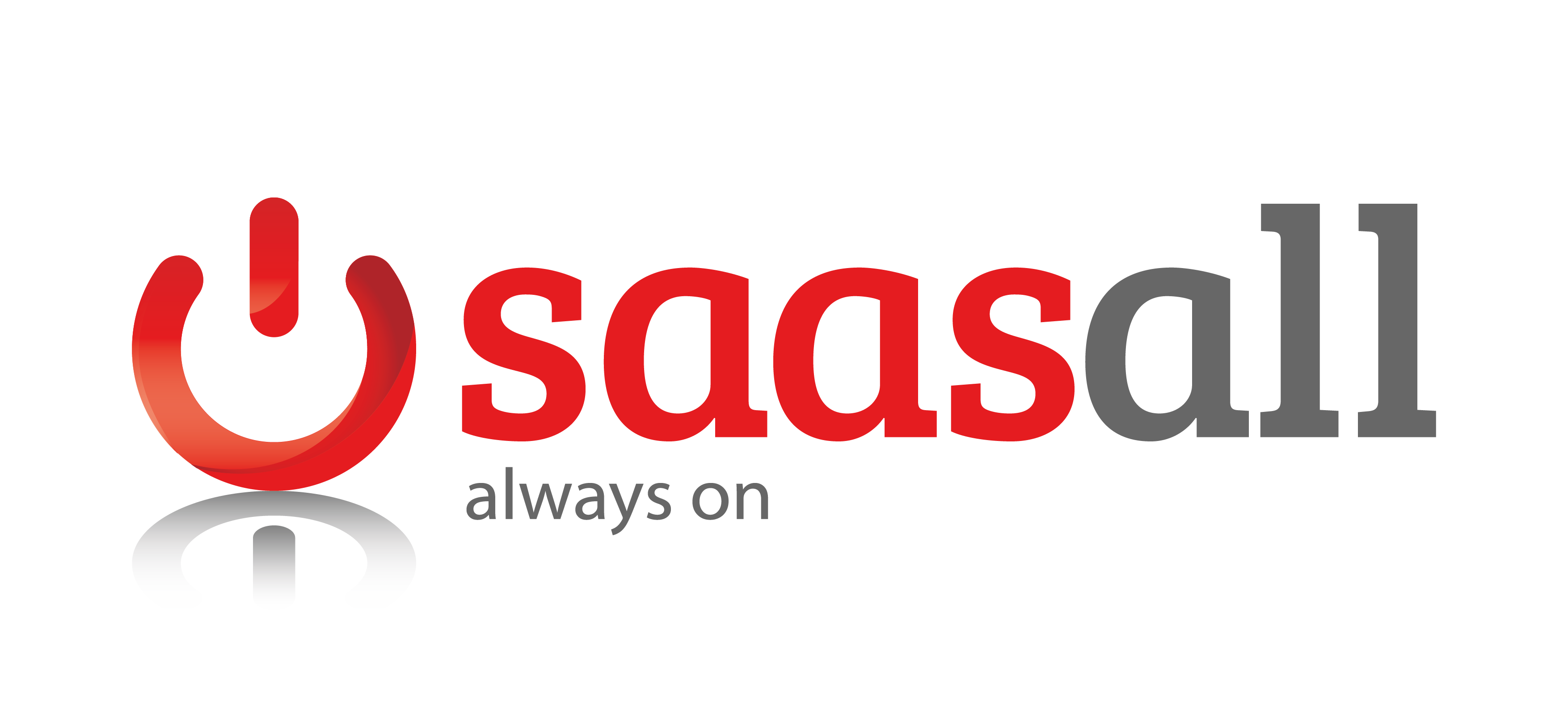I Have a Business – Part 1 of ERP for Young Business
I have a business
Whether your head is in the clouds or your feet are firmly on the ground, anything outside of your core business, is a distraction. Most young organisations are focused on sales and delivery of products and services, as opposed to ‘wasting time’ on IT Stuff and formalising business processes. All of a sudden the day comes, where you are struggling to deliver your product or service and you realise the stuff you used to do so well is now becoming harder, due to the volume growth you have experienced. Customers are cranky, staff all look overworked and there is paperwork everywhere. This series of posts looks at the 101 of ERP and will hopefully help you on your journey.
This is not a bad thing, in fact it’s brilliant, it shows that you’ve made progress and are successful. However, you need to start thinking about process and automation. Ideally, you should have done it ages ago. Now, most young organisations should rather invest in more people or machines before systems? Right? No. I have seen it dozens of times where more people or capacity creates more problems and chaos.
Through a couple of these posts over the coming weeks, I will aim to expose you more on what ERP or Enterprise Resource Planning really means and what it can do for your business, in a simple way not filled with acronyms and jargon. Basically an ERP 101 crash course.
To understand what value you can garner from a systems investment, it’s important to be able to describe the what it is that makes you what you are. Then, of course, your reason for being. What is that one or two things that makes you stand out from the competition? So often, stakeholders would say that our business is really simple, but in reality, there is not such thing as a simple business. There are good people out there that work harder than what they should that make it look like a simple business.
ERP 101
There are various definitions of what is ERP, but in summary, an ERP system provides you with the following:
- A real-time organisational view on your data
- End-to-end automation of mundane and key business processes
- Financial data as a result of your day-to-day operations
- Improved relationships with supplier, employees and customers
- Compliance around regulatory requirements
- Finally, as a consequence of the points above, a solid platform for growth
I have to point out that ERP is not just for big business and does not have to be unaffordable. However, regardless of your size or budget, it is a critical investment that will form the backbone of your organisation and will require some sweat and tears to setup and implement in your business properly.
For the next session we will discuss: What do I need to be wary of when considering ERP?
If you have any questions or suggestions please post as a comment at the end of this article.




